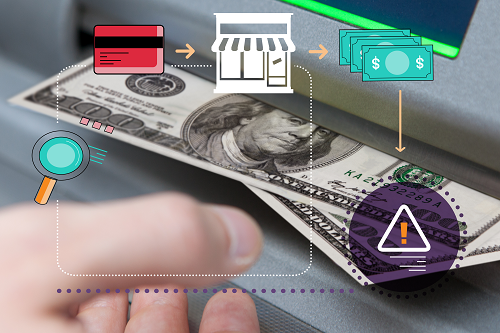
Marketplace is one of the hottest terms in the global e-commerce landscape, and not by chance: many of the world’s top companies that use this business model have become very popular among consumers, selling the most varied types of products and services.
Well, actually “selling” is not the most appropriate term. A marketplace, in fact, sells absolutely nothing to anyone; there are those who disagree, but marketplaces a priori help the consumer looking for a particular type of product or service to find some store or service provider able to meet this need.
Marketplace is nothing more than the site or app where the buying and selling process take place – and these companies, in order to attract more merchants, offer a number of advantages, such as marketing help, anticipation of sales payments and guarantee of payment against fraud (for customers and merchants).
Selling new products online? Used products? Books? Cars? Lodging? China imports? Transportation (Black, X or Pool)? Food delivery? Crafts? Bus or air tickets? Designers? Computer technicians? Yes, today there are marketplaces for all these demands – and you certainly remembered some website or app that does this job, right?
Although extremely promising and highly profitable, the business model of a marketplace opens a loophole for a very peculiar activity of criminals: the creation of façade stores, which serve not for the sale of products, but for “drawing” money from cloned credit cards.

How does the scam work?
This type of crime is far more ingenious than the “classic fraud” in a marketplace, when a fake seller creates a fake shop, receives orders from legitimate customers and never sends the product (or sends a wrapped brick). So old-fashioned and predictable, this scam is easily detected by the company, which would act quickly on consumer complaints and quickly shut down such a fraudulent store.
In façade stores, a fraudster is both the seller and the customer: he has the job of creating a store that would easily pass for real, with name, address, registered products… The marketplace then gives the green light and authorizes that entrepreneur to go on the air and take orders. That’s where the scam begins.
The fraudster’s store suddenly starts to make a huge success and get hundreds, thousands of orders. Success? Well… no. A closer observation would allow a more experienced fraud analyst to suspect such requests, for various reasons.

That store is not selling products to consumers who need those items. That criminal probably has an extensive batch of cloned cards in hand and is using the marketplace system to “draw” money from those cards.
As many marketplaces prepay the amount of sales to merchants and also bear chargeback costs in case of scams, fraudsters take advantage to make numerous purchases with cloned cards and quickly obtain that easy money. When the chargebacks arrive, that façade store would be probably gone. And the loss will fall on the marketplace.
It’s not just physical goods!
This type of scam does not only happen in product marketplaces: services can also be the target of this criminal practice. Even Uber was already a victim, with the so-called “ghost ride”: fake drivers registered in the application who performed “fake” rides, arranged by himself or his cronies and paid with cloned cards (whether or not using stolen accounts). In April of this year, the British newspaper The Guardian published a report on a case occurred in the UK.
I want to protect my marketplace! What should I do?
We at Konduto say: there is no fraud-proof business. Knowing that it exists and staying calm when it hurts your business is the first step in knowing how to best deal with this problem.
However, for a marketplace, which already manages various activities for thousands of merchants, managing this peculiar type of fraud can be even more difficult. Finding an antifraud system that knows how to deal with this problem may be the most appropriate solution. That’s why Konduto is here!
About Konduto
We are a startup developing an innovative technology to bar e-commerce frauds. Our intelligent anti-fraud monitors the client throughout his purchase journey in your site and evaluates the transaction in real time – our answer is given in less than 1s! We detect only the purchases that are really suspicious, approving more orders and reducing the costs with frauds. Send us an e-mail on hi@konduto.com!
